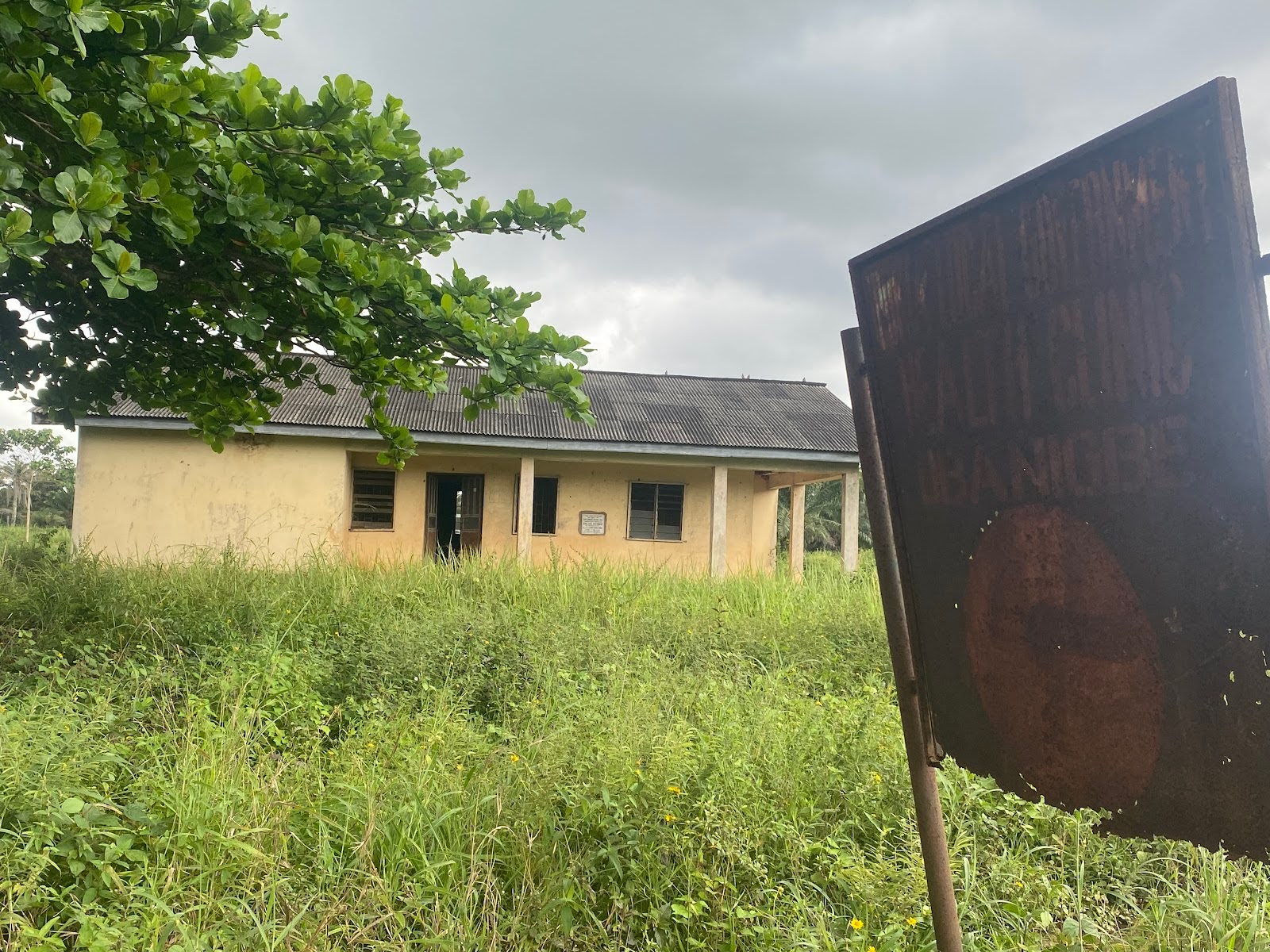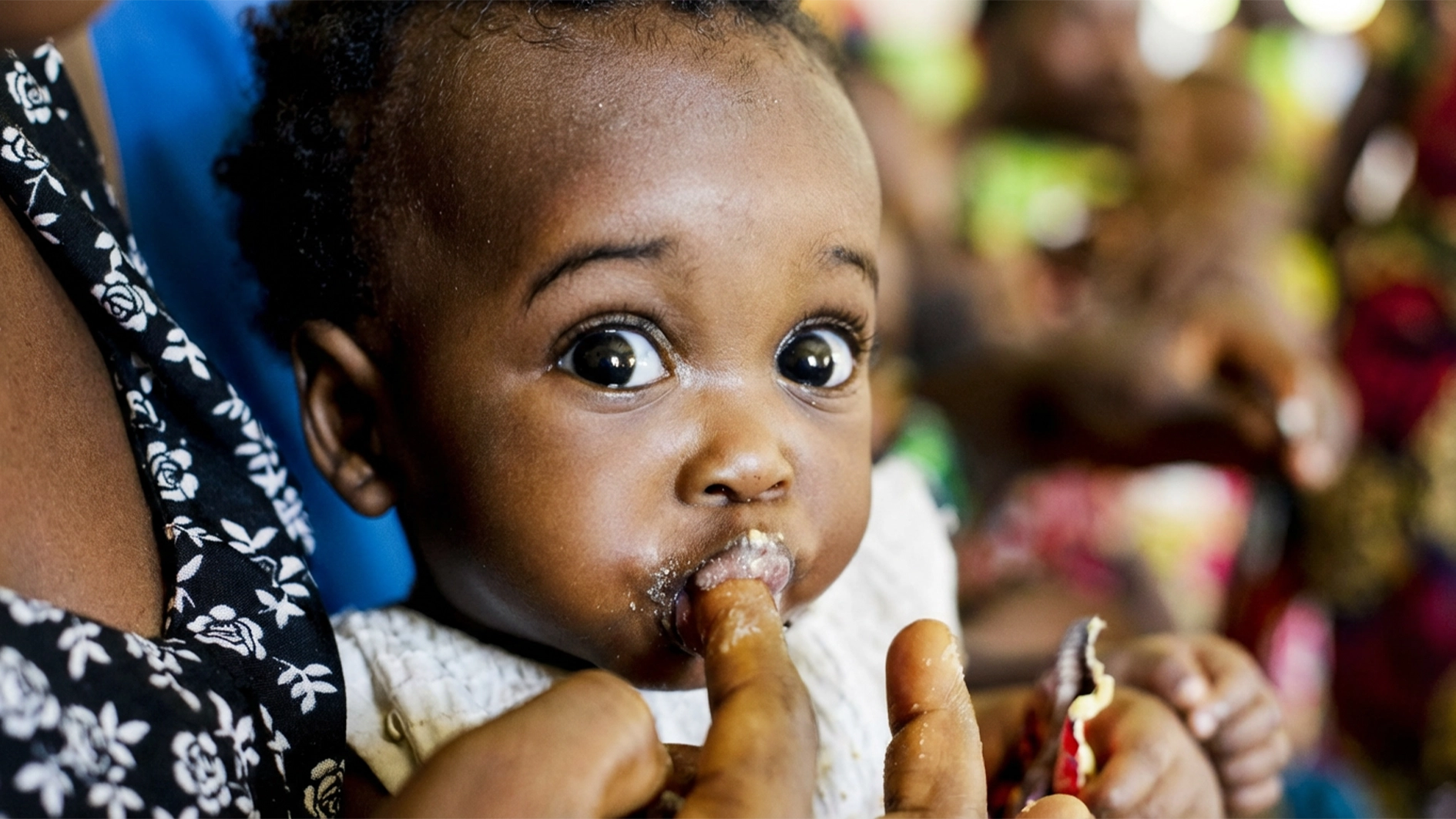
Rev, Fr. Anselm Adodo is the Director, Pax Herbal Clinic and Research Laboratories of the Catholic Monastery in Ewu Edo State. Adodo in this interview with The Guardian ahead of the African Traditional Medicine Day (ATMD) celebrated yesterday, August 31, gave reasons why governments at all levels should invest in the development of traditional medicine. CHUKWUMA MUANYA writes.
Why should the government invest in development of traditional medicine?
Traditional medicine (TM) is essential not just because it offers a cheaper alternative means of health care. TM is about harnessing the gifts of nature for the promotion of human life. The big challenge for TM is to resist being dragged into the capitalist mode of thinking, where everything is quantified in terms of money. In Africa, public health has been neglected and taken over by biohealth, with its emphasis on money and profit. Such an approach to health and wellbeing has wrecked havoc in the world today, leading to destruction of the environment, nature, and communities. When we talk about promoting traditional medicine, we are talking about a rediscovery of our traditional African culture of care and concern for one another and for our environment. We are talking not just about building western-style shopping malls, but also of building communities. As major stakeholders in the health sector, we at Paxherbals are calling for a new thinking on healthcare management, policy and reform in Africa.
We call for a reawakening of the Traditional African approach to health in which the health of an individual could not be separated from the health of a community. Instead of pursuing a ‘healthy lifestyle’ characteristic of modern, individualistic culture, we preach a return to the older wisdom traditions of Africa that corporately valued community-based well-being and harmonious living.
In the past, we used to hear about physicians who provide health care to the sick, physicians who genuinely care for the sick. Today, it seems what we have are more of health specialists or professionals, who help us fix our bodies when broken down so that we can keep on moving. Yes, they may have cured us, but do they really care? Is health care in the modern world becoming more of a business venture rather than a care profession?
And what about the botanist and taxonomist who, while gaining a technical knowledge of trees and plants, have lost knowledge of the forest or the astronaut who, while becoming an expert in the study of the moon and the stars, has lost knowledge of the sky? Before our very eyes, we observe experts and professionals taking over our lives, controlling it, and forming a powerful clique with a claim to a monopoly of knowledge, and restricting our access to the open book, which is nature.
How can tm boost the economy?
The way TM can boost the economy is not by exporting ginger, onions, garlic and other herbal materials abroad. We have travelled that path before. Why do we want to export our raw materials when we can make them into products? The trading mentality has so much affected us in Nigeria that we only think in terms of buying and selling. We do not manufacture. This is wasteful generation. There is evidence of waste everywhere. For example, after drinking oranges, the peels are thrown away, not knowing that the peels of fruits are in fact more nourishing than the fruits themselves. High quality cattle are taken to the city to be sold, and the money is used to buy poor quality imported corned beef.
A poor woman in the village sells her nutritious cassava flour to buy biscuits for her child attending secondary school. Precious bee wax is thrown away after honey is harvested, while importing shoe polish containing poor, artificial wax. To buy a bottle of coke, a mother sells oranges rich in vitamin C in order to quench her child’s thirst. Africans export cheap but high quality palm oil to Europe, where an expensive soap is made from it, and then exported back to Africa and sold at a price the people could hardly afford.
If Paxherbals, a struggling herbal medicine company based in a rural community in Edo state, can employ over 150 workers without government support, imagine what could happen if government give them some support and backing. I believe that developing our Traditional medicine will not only boost our health; it is also one of the best ways to eradicate unemployment in our society.
What can government do to encourage ventures like Paxherbals? Is herbal medicine the future of medicine?
Paxherbals is one of the very few herbal manufacturing company left in Nigeria that is locally producing its herbal medicines, despite the harsh economic climate that makes it easier and more profitable to be an importer rather than a manufacturer. It is no wonder that the Nigerian market is flooded with herbal products from China, India and other Asian countries, and from Europe. By so doing, Nigeria is creating wealth abroad and promoting poverty at home. At Paxherbals, we believe that the only way to sustainable development is for Africa to produce what it consumes and consume what it produces. But to produce, one must innovate. Nigeria must innovate or perish.
At Paxherbals, we cultivate our own herbs directly and also through accredited local out growers. We know the herbs, where they live, where they grow and how they grow. We know their names, their families and their stories. We journey with the herbs from the farm, to the collection and verification rooms, to the washing room, drying room, the processing factory, to the final product, through NAFDAC laboratories, and to the market. We continue the journey by monitoring how the finished products interact with the society, the reactions as well as the counter-reactions.
To this effect, we have Paxpharmaco-vigilance centers in Lagos and Jos, and Owerri. We ensure that we maintain this connection with the soil, with nature, the community, the environment, with people and with science. The inability to maintain this connection, we believe, is the main reason behind the crisis rocking the modern world today.
What is the country losing due to lip service to TM by governments at all levels?
Having been at the forefront of championing the official integration of Traditional herbal medicine into national healthcare system for over 10 years now, I have come to realize that the future of healthcare in General, and African Herbal medicine in particular, does not lie in the hands of those heavily dressed salaried professionals who sit down all day in air-conditioned offices in Abuja rolling out foreign-made, unrealistic policies and proposals to government, or the crowd of lazy professors in our universities who are yet to upgrade their knowledge bases and cannot go outside their master’s and doctoral thesis, written perhaps 30 or 40 years ago, to embrace new ideas. In fact, they are known to have a special talent for killing new ideas even before they are formulated.
The future lies in the hands of those obscure professionals who are ready to explore new areas of knowledge, who are not afraid to think outside the box and take the risk of challenge existing ideas and hypotheses; the future lies in the hands of the farmer diligently inventing new methods of cultivating land in the remote farmlands, or the lonely civil servant who, against the general trend, refuses to be corrupted by others.
The future, I dare to say, lies in the hands of you and ordinary men, me and women of Nigeria. We may have no guns, no money, no landed properties, no oil blocks or influence, but nothing can take away our will, our resilience, our determination and our strength. Real power lies in the hands of men and women of vision, of ideas, of imagination, of courage.
While countries like China and India have already invaded the global herbal market like a colossus, Nigeria is still busy discussing whether herbal medicine is a good source of health care or not. While the annual global market for Herbal medicine is estimated to be over 100 billion dollars, African professionals are busy attending seminars to convince them of the efficacy of herbal medicine.
While Chinese medical doctors, botanists, pharmacists and other scientists are all united in the development of their traditional medicine into a global transformative venture, Nigerian scientists are standing by the ring-side complaining about the attitude of charlatans and quacks. In Nigeria, there are hundreds of seminars and conferences on every topic under the earth. We seem to have an infinite capacity for talking. If our roof is leaking, we organize a conference before we mend it.
If our house is on fire, we first of all organize a seminar on how to handle fire-outbreak before we quench the fire. If flood is wiping out our towns and villages, we summon a stakeholders’ summit to discuss it even while our children are drowning. Our houses of assembly are famed for robust debates, insightful arguments and brilliant submissions and interventions. Nigerians can sit down all day discussing about the way forward, how to move the nation forward, which direction to follow, and how quickly to arrive there. What are often lacking are the will, the determination, the sincerity and clarity of purpose to make a difference.
What is Paxherbals doing to boost development of ATM?
The Nigerian Natural Medicine Development Agency (NNMDA) and Paxherbals are into a partnership that will enhance the scientific practice of herbal medicine in Nigeria. He said the two parties, through a memorandum of understanding, agreed to collaborate in the establishment of frame work for increased cooperation in clinical trials and public health research collaboration in the areas of natural products, natural medicine, TM knowledge and practice, intellectual property rights, science and engineering, agricultural practices and any other related field of work approved by the parties’ respective authorities.
As a matter of priority, the two parties decided to collaborate in the design of a framework for clinical trial of Pax anti-malarial herbal medicine called Malatreat.
Paxherbals and the Institute of African studies, University of Ibadan, have formed a partnership in transforming the study and teaching of herbal medicine in Nigeria. This year, the two bodies redesigned new Masters and PhD curricula on Traditional African Medicine. The University’s curriculum committee has approved the curricula and the Institute will soon begin to admit masters and PhD candidates in Traditional African Medicine. This is another milestone in herbal medicine development in Nigeria.
Paxherbals and NNMDA in 2015 teamed up with the Irrua Specialist Teaching Hospital in Irrua (ISTH), Edo State, to: evaluate the effect of Pax-herbal anti-malaria (Malatreat) on Plasmodium falciparum malaria; acquire evidence basis for utilization of the anti-malaria and to acquire necessary preliminary clinical data for the design of wide-scale randomized clinical trial of the herbal therapy; prospectively review the clinical outcome from treatment of malaria patients with Paxherbal Malatreat; quantify the degree of parasitaemia reduction and antigenicity at every level of administration of Paxherbal Malatreat; determine clearance rate of parasitaemia in the bloodstream of patients’ administered Paxherbal malatreat; estimate the therapeutic efficacy and clinical safety of Paxherbal malatreat; and acquire necessary clinical data for the design of randomized clinical trial of the herbal therapies.






